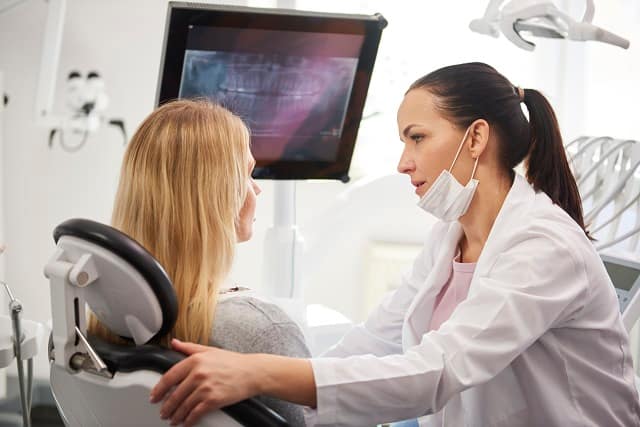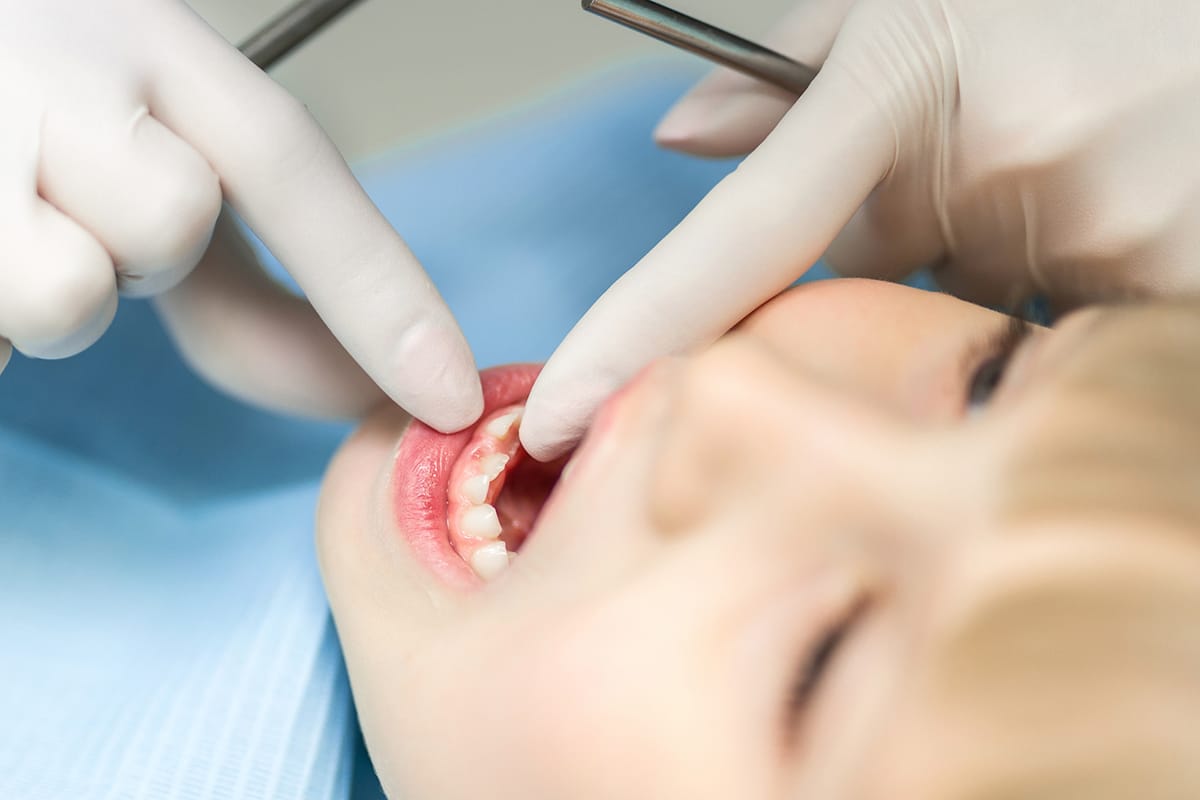Accidents happen any time, anywhere, and in the most unexpected circumstances, and traumatic dental injuries are no exception.
Broken or knocked-out teeth are the most common dental emergency caused by falls, sports injuries, fights, or bicycle or vehicular accidents. Severe dental pain, bacterial infection, and tooth sensitivity that affect one’s ability to eat, sleep and be productive may also require immediate attention.
So, what qualifies as a dental emergency? Which injury requires dialling triple zero or a simple visit to your dentist? It all depends on the type of injury you have and its severity.

Below are some common types of dental emergencies and some key indicators to look for to assess if you should go to the ER or whether you just need to see a dental professional as soon as possible.
1. Avulsed or knocked out tooth
Go straight to the nearest hospital if the injury is caused by high-impact accidents involving a fractured or dislocated jaw, deep lacerations on your face or mouth, and heavy bleeding. If none of these dangerous warning signs are present, a visit to your dentist is what it may all take. But remember, the chances of saving an avulsed tooth is higher if you see your dentist within 30 minutes of the injury. Check out some basic first aid tips on how to handle a knocked-out tooth from a previous blog post.
2. Dental fractures
If you break a tooth from chewing on tough food, biting on hard objects or due to tooth decay, there’s no need to panic. While not all dental fractures will bother you, swelling and pain may sometimes occur. Apply a cold compress for pain relief and see your dentist as soon as you can.
3. Tooth abscess
Pus in your teeth and gums is often caused by bacterial infection due to lack of proper oral care. Rinsing your mouth with salt water will help ease inflammation, swelling and pain. Schedule an appointment with your oral health therapist to address the problem.
However, extreme cases of dental abscess can lead to death due to septicaemia (if bacteria cause blood poisoning) or lack of oxygen (if swelling blocks the airway). In such cases, seek immediate medical help.
4. Tooth sensitivity
Sharp, sensitive, shooting pain caused by gum recession doesn’t necessary raise a red flag. To help ease the discomfort of sensitive teeth, use a desensitising toothpaste or a fluoride mouth rinse. Reducing the intake of acidic food will also help. If pain persists, visit your dentist. Sensitivity from tooth decay or a loose filling requires urgent attention as well.
5. Impacted food
While the dull, throbbing pain caused by impacted food, can be uncomfortable, it can be eased by remove carefully by flossing or rinsing rigorously with warm saltwater. Frequent food impaction is a sign there may be untreated tooth decay.
6. Dry socket
Severe dental pain often occurs when there is poor wound healing after extraction or removal of a tooth. It is important to keep the area as clean as possible. Sometimes, you may have to visit your dental professional to clean the wound and apply a special dressing into the socket.
At Coburg Hill Oral Care, we are always available to deal with dental emergencies during or after business hours. Contact our dental team on (03) 9041 5301 or book online now.
Want to read more informative articles like this? Visit our blog or our resources page.




